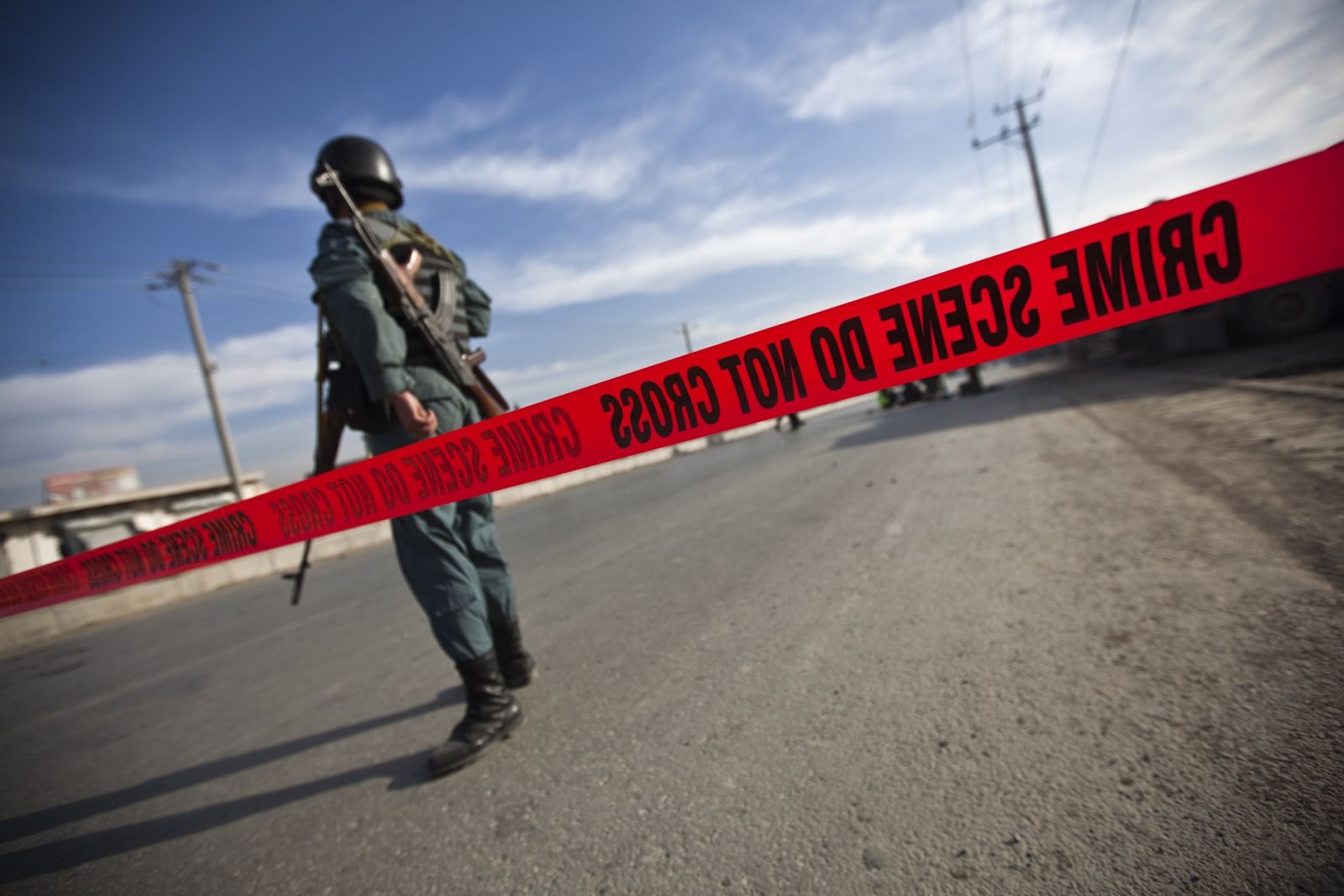
A second round of peace talks between the Afghan government and the Taliban became all the more distant on Thursday after the insurgent group killed at least six people in a suicide truck bombing on a police outpost in a province south of the capital, Kabul.
The Taliban immediately claimed responsibility for the attack, which also wounded eight civilians, including a child, an Afghan official from the provincial governor's office told AFP.
The attack was the first since the Taliban conceded last week that its secretive, one-eyed leader Mullah Omar had died "some time ago." The Afghan government claims that the group's notorious leader had died in a hospital in Pakistan in April 2013.
The revelation triggered a succession process within the militant group and Mullah Akhtar Mohammad Mansour was selected as Omar's successor and the terror group's second-ever leader as Omar had become the group's first "Supreme Leader" in 1996.
Following the announcement of Omar's death, peace talks with the Afghan government were postponed indefinitely last Thursday after the first round of talks were held in Pakistan last month, the Pakistani foreign ministry confirmed.
"Pakistan and other friendly countries of Afghanistan hope that the Taliban leadership will stay engaged in the process of peace talks in order to promote a lasting peace in Afghanistan," the Pakistani foreign ministry statement said in a statement last week.
However, the deadly suicide attack on Afghan authorities in Pul-i-Alam, the capital of Logar province in eastern Afghanistan, has cast more doubt on bringing both parties to the negotiating table.
"A water truck filled with explosives was detonated when it was stopped at the gate of the Quick Reaction Force [police] compound," deputy provincial police chief Mohammad Qari Wara told AFP news agency.
"It was a powerful explosion which killed three members of the Quick Reaction Force and three civilians."
Taliban spokesman Zabiullah Mujahid claimed that a "Mazda truck packed with heavy explosives ... killed more than 100 security personnel." The Taliban often exaggerate the number of fatalities caused in attacks.
Emily Winterbotham, research fellow of international security studies at RUSI, says that while there are no preconditions for a ceasefire before peace talks between the two parties, the continuation of suicide attacks against Afghan security personnel risks pushing the Afghan elite away from the negotiating table.
"This violence is to be expected, however, the risk is that the violence is so extensive that when you come to the end of the fighting season [October/November], you have ruptured the fragile progress that has been made."
"Ongoing violence pushes the boundaries of the peace process and causes skepticism among the Afghan government in relation to the peace process."
On Wednesday, the U.N. released a report which showed there was a record number of civilian casualties in the country in the first half of 2015 after NATO forces departed the country at the end of last year and transitioned control to Afghan security forces. A U.S.-led NATO force of 13,000 is still in the country, tasked with a training and counter-terror brief.
1,592 civilians were killed and 3,329 people were injured in the first six months of the year, according to the U.N., the highest since the organization began recording casualty figures in the country in 2009.
Uncommon Knowledge
Newsweek is committed to challenging conventional wisdom and finding connections in the search for common ground.
Newsweek is committed to challenging conventional wisdom and finding connections in the search for common ground.
About the writer
Jack is International Security and Terrorism Correspondent for Newsweek.
Email: j.moore@newsweek.com
Encrypted email: jfxm@protonmail.com
Available on Whatsapp, Signal, Wickr, Telegram, Viber.
Twitter: @JFXM
Instagram: Read more





